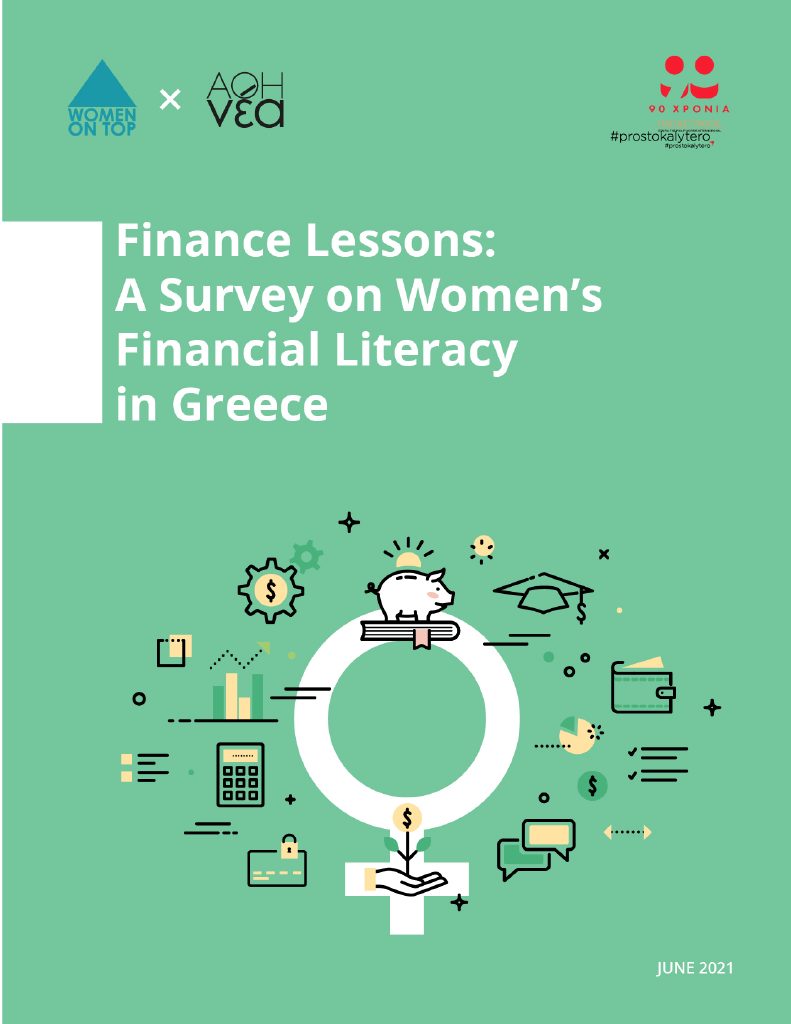
We all make financial decisions every day in our lives. Some are easier – visiting the kiosk, doing household shopping, withdrawing money from a bank, paying bills, saving – and others are tougher. From renting or buying a home to choosing an insurance or investment product, or even to planning our retirement, financial decisions can be difficult.
How skillful and adept are we in managing our finances? Based on what theoretical knowledge do we make these decisions and how effective are they in practice? What is our relationship with money, how does it make us feel and how confident are we when it comes to these matters?
The answers to all the above questions are connected to a concept that affects our lives in various ways: financial literacy. Nevertheless, it is a term that most of us do not know. It has to do with skills and knowledge that are not actively cultivated in Greek society, perpetuating inequalities and undermining our economic prosperity.
In this research, carried out by Women On Top and athiNEA, in collaboration with qed and funded by Papastratos/PMI, we wanted to investigate whether women in Greece are able to manage their financial present, build their financial independence and to make financial decisions that will contribute to the well-being of themselves, their families and our society in the future. We also wanted to place the reality of women in the wider context of the financial literacy of individuals in Greece, in order to draw conclusions in relation to other factors, beyond gender, that influence this set of knowledge, attitudes, beliefs and skills.
The focus on women derives both from the research and practical interests of the two organizations, Women On Top and athINEA, and from Papastratos/PMI's consistent prioritization of gender equality. The most important parameter, however, for the selection of this research, is that financial literacy is a key pillar of financial independence and the ability of women to participate equally in all social, economic and political functions. This equality is a goal which we still, as a country, as Europe and as a world, have not succeeded.
The World Economic Forum, following the outbreak of the COVID19 pandemic, published an estimate that as societies we still need 135.6 years to achieve gender equality across the spectrum of human activity, and that financial literacy is an inescapably key pillar of that endeavour, in which we are all involved. True to our commitment to empowering women and promoting inclusion in work and public life, we submit this research in hopes that it will provide not only food for thought but also practical solutions so that we can make this time shorter and our future more equal, rich and creative.

